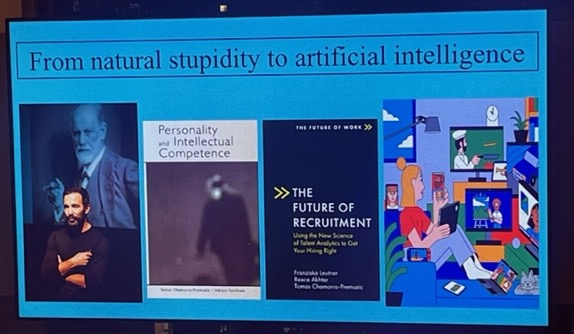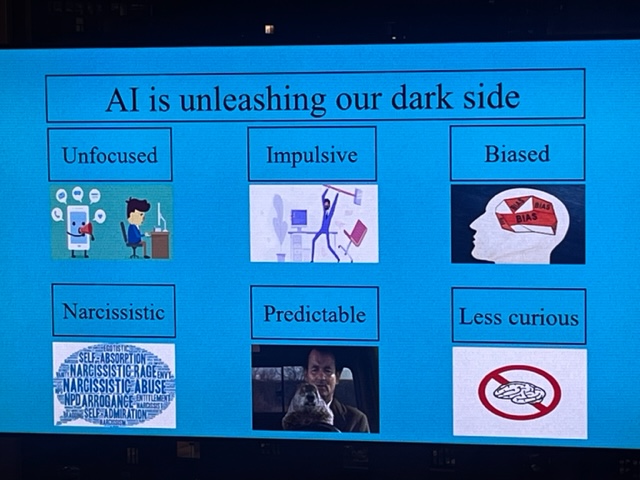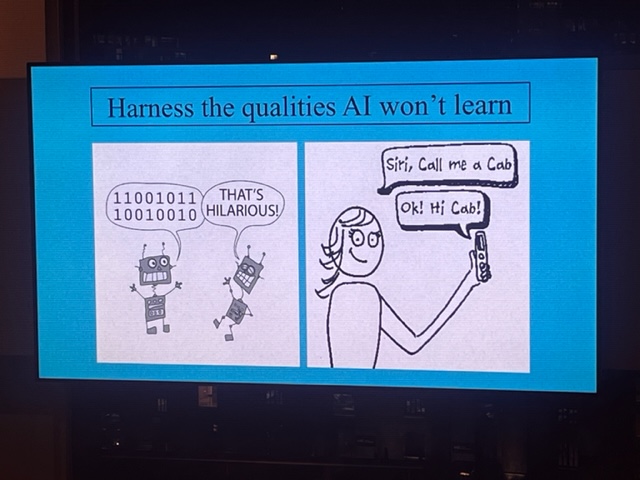I, Human: from natural stupidity to artificial intelligence
‘In the sixties we put people on the moon with computers less powerful than a calculator. Today everybody has a supercomputer in their pocket and they are not sure if the world is flat or if vaccines are filled with wizard poison.’ Tomas Chamorro-Premuzic, author of ‘I, Human’, uses the words of American comedian Patton Oswalt to explain our complex relationship with artificial intelligence and a few of the counterintuitive implications on our way of living and thinking, like for example, the fact that in a world where knowledge is ubiquitous, it is actually easier to be ignorant or misinformed.

A psychologist by training, Chamorro-Premuzic became initially interested in AI to investigate how it could help improve companies’ recruitment processes and promote higher levels of meritocracy. In ‘I, Human’, his latest book, he takes a different perspective and looks at humanity through the lens of AI to understand how AI shapes us and how we should shape it. In addition, Chamorro-Premuzic discusses the potential benefits of our relationship with AI but also the risks related to losing our humanity and developing negative behaviours.
One of the most discussed negative impacts of AI is that, unlike what was initially forecast, it hasn’t improved our long-term productivity; on the contrary, Chamorro-Premuzic shared recent research findings indicating that in the US, for example, knowledge workers (which represent about 60% of the US economy) waste 25% of time on digital distractions. It also shows that 75% of phone use is during but not for work and the estimated productivity would equal about $650B a year (which is 15 times higher than sickness and health leave). But low levels of attention and productivity are not the only dangers of overusing AI. The author also identifies six behavioural characteristics that might result from an inappropriate adoption of AI:

It goes without saying that AI has a strong transformative power and we have a tendency of blaming technology and innovation for our cultural demise. According to Chomorro-Premuzic, we should instead be more aware of our relationship with AI and how it shapes our behaviours: many of the changes it will bring about can potentially enhance our life but it is up to us to decide how we want to adopt it for the best. In addition, Chomorro-Premuzic’s advice to navigate the change ahead is to focus on harnessing the human skills that AI won’t most likely be able to learn: empathy, creativity and curiosity.

So, next time you are using ChatGPT or creating your avatar to enter the metaverse, pause and think about whether AI is becoming increasingly humanlike or are we becoming more machinelike?
